DailyCelestialChallenge:Thursday-ForcesNature
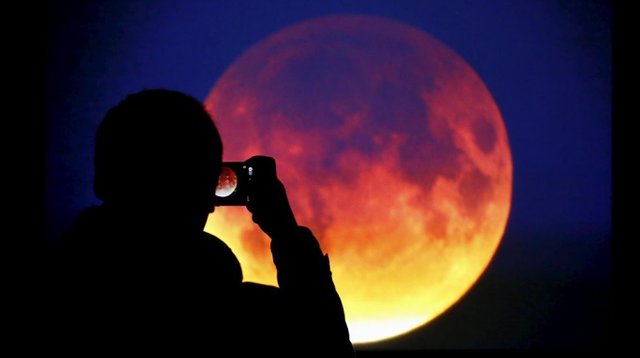
Lunar eclipses are natural phenomena that have as protagonists the Sun, the Moon and the Earth. They are shows that attract thousands of astronomy fans who contemplate and record these phenomena of the universe.
Comparing solar eclipses with moles, solar are events that can be seen from a specific part of the world and last a few minutes, whereas polka dots can be seen from any part of the Earth and the show lasts for hours, always and when it is night Lunar eclipses can also be observed with the naked eye or with telescopes, while the solar ones have to be seen with protection against light.
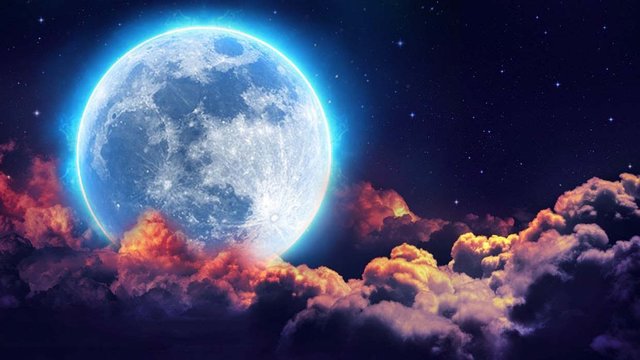
This coincidence occurred on the night of January 30 to 31, 2018 and it was not seen for 150 years
This January 31 we have been able to enjoy the second supermoon of this 2018. After the first, which was the morning of January 1 to 2, the night of Tuesday 30 to Wednesday 31 we have observed this astronomical phenomenon. But the supermoon is only one of the four phenomena that occur at the same time this January 31: there will also be a lunar
eclipse, a moon of blood and a blue moon.
This coincidence has not occurred for 150 years, so this supermoon is quite special: the last time this extraordinary phenomenon took place was in 1866, and the next time it happens it will be January 31, 2037.
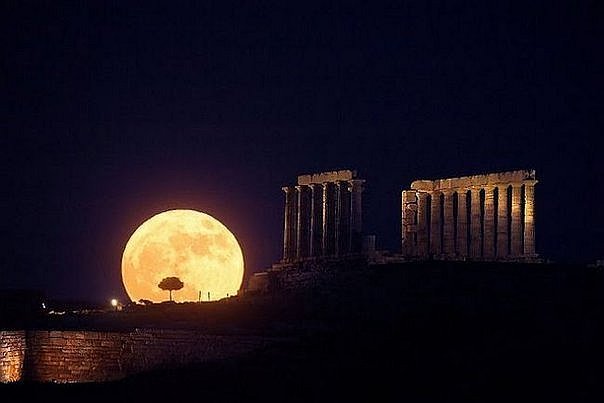
The orbit of the Moon is elliptical, and one side (apogee) is about 50,000 km. farther from the Earth than the closest one (perigee). Therefore, throughout the 28 days of the lunar cycle, the satellite is sometimes closer to us than others. The supermoon occurs when the moment of maximum approach is, in addition, the moment in which there is a full moon. At first glance we can appreciate it between 10% and 15% bigger than usual.
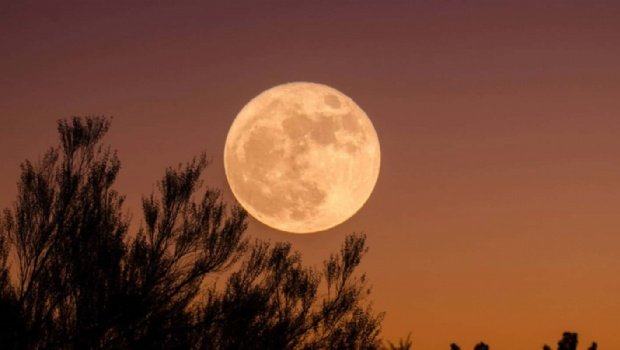
A full moon is considered a "blue moon" when two full moons are produced in the same month. Since this month of January we had a full moon at the beginning of the month (another supermoon between January 1 and 2) this second full moon has also been a "blue moon".
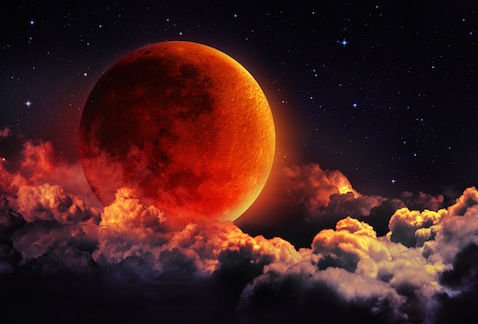
The last astronomical phenomenon that coincides this January 31 is the blood moon. During the course of the eclipse, the Earth's atmosphere will filter the blue and green light from the sun's rays, but it will instead pass the red one. That is why the moon will be dyed with the reflection of the reddish glow that will come from our atmosphere. Therefore, this moon of blood will only be visible in the parts of the planet where the eclipse can be seen.
Acts 2:20
"The sun will be turned into darkness and the moon into blood, before the great and glorious day of the Lord comes."
There is nothing left but to marvel at these events that are the work of God our
Lord as a sign of the greatness of his work